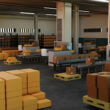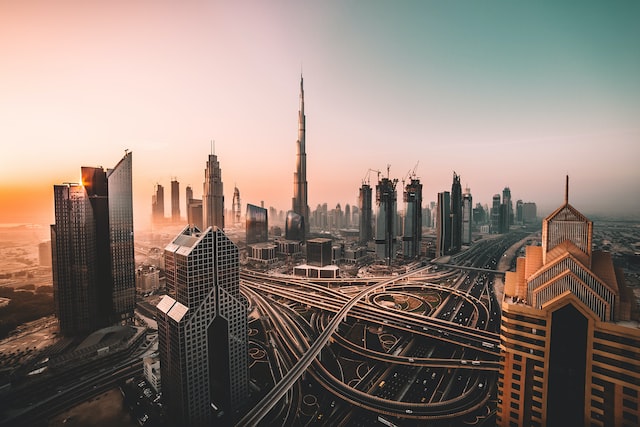When you decide to buy property in Dubai you are making a huge investment. It’s important that you make an informed decision so you can maximize the benefits that your investment offers. There are several things to consider before buying, including down payment, tax-free benefits, and rental yields. You should also take into consideration how much maintenance your new home will require.
Freehold vs leasehold
When buying property in Dubai, you need to understand the different types of land available. These include freehold and leasehold. The best choice for you will depend on your budget, preferences and goals. You should also be aware of the legal responsibilities associated with each.
One of the more important perks of leasing a home is that you don’t have to worry about repairs. However, you do have to get the written approval of the freeholder if you want to make changes.
Another benefit is that you can rent or sell the property at any time. This is in contrast to freehold properties where you can’t do any of these things.
It’s important to note that the decision between freehold and leasehold isn’t necessarily an easy one. For example, if you’re moving from another country, you may be denied a freehold purchase for reasons you can’t control. On the other hand, you may have more luck if you’re looking for an affordable home in an area with good schools and health care.
Tax-free
If you are an expat looking for a tax-free location to relocate to, Dubai might be the perfect choice. This beautiful emirate is home to many high-end real estate projects, as well as a thriving industry. You can also find a host of indoor and outdoor activities, as well as beaches.
The Dubai real estate market is one of the world’s tax-free markets, with no capital gains or income taxes. This makes it a great place for buyers and investors alike.
While there is no actual “tax” in the UAE, there are some fees that must be paid. These are the transfer charge, the rent tax and the land registry fee. However, each emirate has its own specific rules and regulations.
Transfer charges: Depending on the emirate, the transfer charge ranges from a few hundred to several thousand dirhams. This fee is usually a one-time property transaction fee, with the buyer and seller paying equal shares of the tax.
Rental yields
If you’re looking to buy property, it’s important to understand how rental yields work in Dubai. Rental yields are the return on investment (ROI) of a property before taxes and maintenance fees are paid. Gross rental yields can range from 2.22 to 8.76 percent, while net rental yields are typically 1.55 to 2 percent lower.
Gross rental yields can vary depending on the area. The most expensive districts, such as Dubai Marina, offer gross rental yields of more than 6 percent. However, rental yields are more moderate in smaller apartments.
Rents have remained stable over the past six months, and some areas have seen increases in rental income. A 55-square-metre apartment in Dubai Marina costs around $326,000 including purchase-related expenses.
In addition, the UAE offers healthy returns to buy-to-let investors. In fact, the Dubai real estate market has soared, thanks to the constant creation of new projects. While the oversupply of housing has weighed on rents, some communities have bucked the trend.
Down payment
There are many different things to keep in mind when buying property in Dubai. The first thing you need to do is decide how much you can afford to spend.
One of the most common hurdles for first time home buyers is the initial cash deposit. You will need to save up at least AED 200,000 to buy a home in Dubai.
The average down payment is around 20% of the total value of the house. If you are an expatriate, you will need to put down a minimum of 25%. For a second or third home, you will need to put down a further 30%.
You will also need to pay conveyancing fees. These are for the legal paperwork involved in the purchase. They can vary from bank to bank. Also, you will need to pay a 4% DLD transfer fee. This is in addition to a 0.25% mortgage registration fee.
Finally, you will need to arrange for insurance. Your insurance premium will be based on the value of your house.




